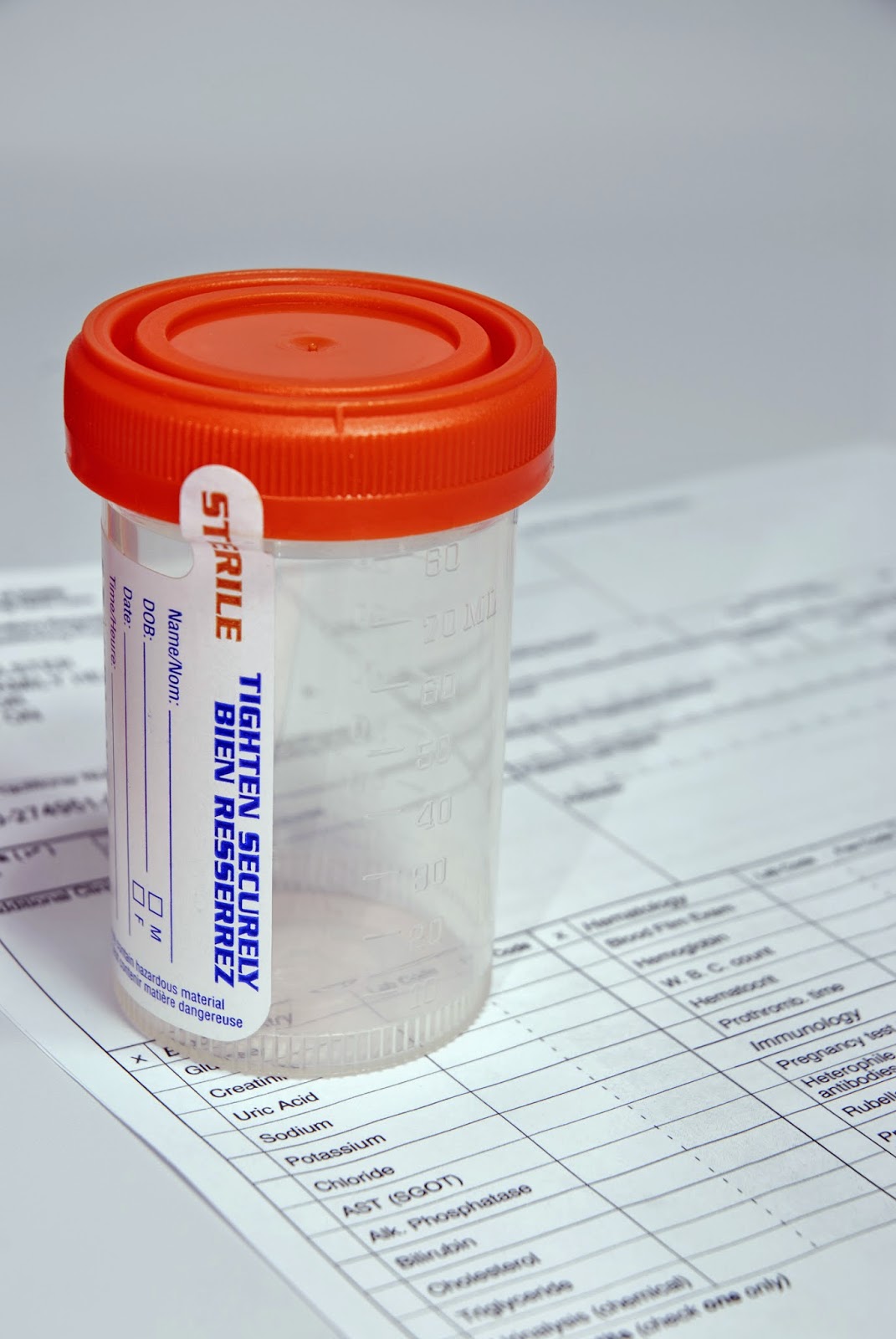Why I don't (and won't) speak to Year 9s ...
 As most people know, I have a very specific way of speaking to young people when I visit a school. I could make a lot of money and make my life a lot easier by agreeing to just speak to students, but based on what we know works, I will only speak at a school if they agree to let me speak to all three sections of the school community - students (Years 10, 11 and 12), staff and the parents. The evidence around bringing outside speakers into a school to talk on alcohol and other drugs (or any issue to be perfectly truthful) is not good. So-called 'one-off' talks have not been found to be effective and there is even some evidence to suggest that they can cause more harm than good in some cases.
As most people know, I have a very specific way of speaking to young people when I visit a school. I could make a lot of money and make my life a lot easier by agreeing to just speak to students, but based on what we know works, I will only speak at a school if they agree to let me speak to all three sections of the school community - students (Years 10, 11 and 12), staff and the parents. The evidence around bringing outside speakers into a school to talk on alcohol and other drugs (or any issue to be perfectly truthful) is not good. So-called 'one-off' talks have not been found to be effective and there is even some evidence to suggest that they can cause more harm than good in some cases.I cannot walk into a school and 'fix' a problem. I see my role as value-adding to the drug education that the school already provides and that my talks are part of an overall strategy. If I think for a second that a school is using me to 'tick-a-box' and say, "well that's drugs done", I will not go back! I am not arrogant enough to think that giving a group of young people a 90 mins talk is going to stop them drinking alcohol or taking illicit drugs. I hope that at the very least I am able to visit a school and 'stir the pot', i.e., get them to really think about the issue and what they're doing about it. I want to start a dialogue, get a conversation happening between students, between students and their teachers and of course, get kids talking to their parents. At best, I would like to think that some of those listening to my presentations will have learned some basic strategies around how to keep themselves and their friends a little safer in this area (i.e., they are better informed). Do I believe that my talks prevent or reduce drinking or illicit drug use? I'd love to say that there was evidence that this was the case but there's not ... one of the things that concerns me about the growing reliance on so-called 'outside experts' (and I'm including myself in this group) is that getting them into a school can involve a huge cost but we have no proof that they're worth the investment!
Most worrying is the growing trend to ask outside speakers to speak to younger and younger students. Increasingly I am being asked to present to Year 9s, although sometimes even Year 8s. The pressure that some schools are putting on me to do this is becoming ridiculous and so I thought I'd 'put pen to paper' and explain one more time why I don't (and won't) speak to students younger than Year 10s. I could go on and on about this (gee, I've done it enough times when I visit schools!) but I'll try to give just a few of the key reasons ...
- I do not give 'prevention' talks - my message is about safety and targeted at groups of young people who are either drinking themselves or likely to be exposed to that behaviour. I would like to think that some of them pick-up a 'don't drink' message but that's not the major thrust of the talk. The majority of Year 9s should still be receiving strong prevention messages and evidence suggests their classroom teacher is the best person to deliver these messages - it's not what I do!
- Year 10 is when we start to see a 'critical mass' of students drinking - I keep being told by schools that their Year 9s are out-of-control and alcohol and parties are a 'huge problem'. When I ask them for any evidence they have absolutely nothing apart from talk in the schoolyard and parental concern. There is no data to support this idea that most Year 9s are drinking. Even at schools where they have been convinced that they have a major issue, when they do the research they usually find most students believe there is more drinking than there actually is. Yes, there is usually a core group of Year 9s who are taking part in very risky activity - everyone knows who they are, they're loud and obvious, and they're influential - but there are so many better ways of dealing with them than bringing in an outside speaker to talk to the whole year group.
- You run the risk of normalising this behaviour when you bring an outside speaker in to talk about the issue - most young people in an audience of Year 9s are not drinking and this should be reinforced in classroom activities led by teachers. Bringing in a speaker to talk about a topic could potentially make those who don't drink question their own behaviour, i.e., if it's that big an issue, why aren't I doing it?
- My talks are confronting and can upset some - not a week goes by without at least a couple of students leaving a presentation because they have found the content distressing. Every time it happens it upsets me - as much as some parents ask me to scare their kids with my talk, that is not my intent. Scare tactics don't work for most young people, particularly those entrenched in the drinking culture. If Year 10s and 11s are getting upset, I can't imagine how distressed some Year 9s would be ...
- There is no way of me knowing what messages the students take away with them - I usually speak to an entire year group (anywhere from 80-350 students) and when I finish and they walk away, I have no idea what they took away with them. I deal with a controversial and complex issue - those who attend my presentations need to have a certain level of maturity and have the opportunity to talk through what they picked up with their teachers and/or parents to ensure the accuracy of those messages. Sometimes I have a particularly immature group of Year 10s in the audience and watching them terrifies me - what messages are they going to walk away with? I simply don't believe that most Year 9s are mature enough to work in the 'whole year group presentation' format - there are better ways ...
- Young people learn best through interactive 'hands-on' activities and discussion - because I work with year groups it is almost impossible to follow best practice here and it is a huge ask for even Year 10s to sit and listen to a presentation for 90 mins. Activities led by a classroom teacher who knows them is far more likely to be effective in this area.
- Do we really want to have a world where Year 9s need to know how to look after a drunk friend? I'll say it one more time - I do not deliver a prevention talk - in my Year 10 presentation I give them messages about looking after themselves and others when they are exposed to drinking behaviour. Do people really believe that 14 year-olds need this type of information? When I say this, I sometimes get asked why I don't simply adjust my talk to suit a younger group - well, I don't because they are already getting that information through their school-based drug education. If I was to do this, it would mean a huge shift in my messaging and what I do in schools and realistically, research shows that the classroom teacher is most probably the best person to deliver this type of information.
By all means, let's make sure our kids are as informed as possible. Give them age-appropriate messages around alcohol and other drugs so that they will hopefully make good choices. Classroom teachers that have a relationship with the students are the best people to deliver prevention messages through school-based drug education and I have no problem with value-adding to this at the appropriate time. But realistically it is the parents who can make the most difference here - having rules and boundaries in place that help prevent teens from getting themselves into dangerous situations is the best way to protect young people. No-one is saying that saying 'no' will be easy, it's going to be hard work - but if you're relying on a talk from me to in any way solve a problem you're having with your Year 9 son or daughter I can pretty well guarantee you're going to be disappointed!



Comments
Post a Comment